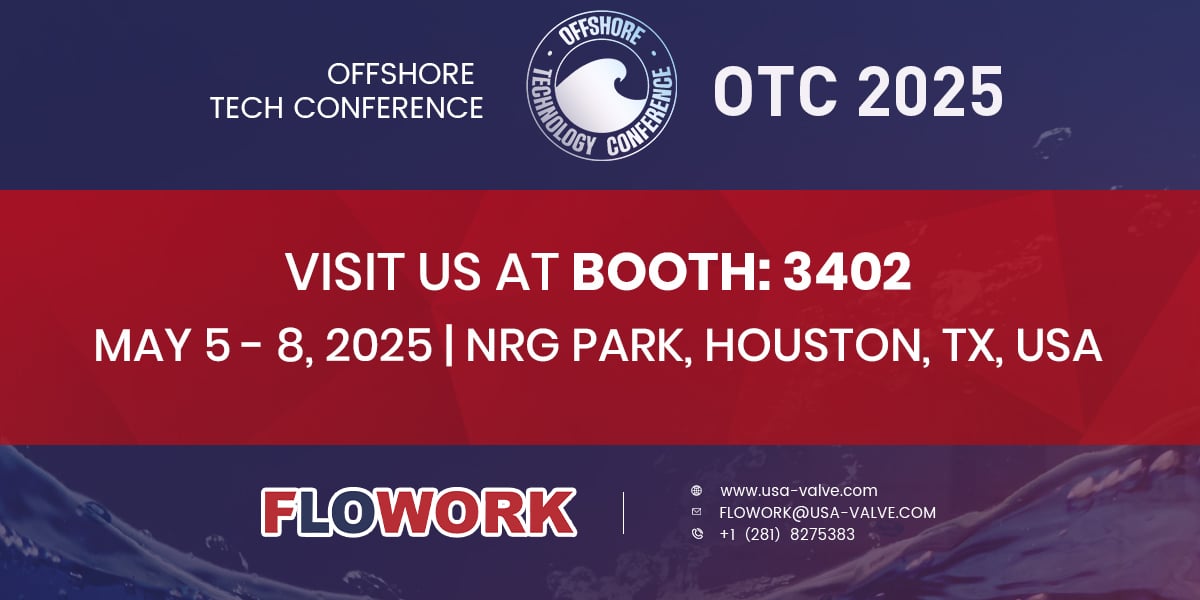What are the special requirements for gate valves in the nuclear industry?
Special requirements for gate valves in the nuclear industry. The nuclear industry has extremely high requirements on the performance, safety and quality of gate valves. Let me talk about the special requirements for gate valves in the nuclear industry, including radiation resistance, sealing reliability, material selection and safety. The nuclear industry is a highly sensitive and critical field with extremely stringent requirements for equipment and materials. As an important component in fluid systems, gate valves are of vital significance in the nuclear industry. This article will focus on the special requirements of gate valves in the nuclear industry, including radiation resistance, sealing reliability, material selection and safety, to help readers better understand and meet these requirements.
1. Radiation resistance
In nuclear industry environments, gate valves are required to withstand high levels of radiation. Therefore, radiation resistance is one of the important special requirements for gate valves in the nuclear industry. In order to ensure the radiation resistance of the gate valve, materials with high radiation resistance should be selected, such as stainless steel and polymer materials. At the same time, regular radiation testing and evaluation of gate valves should be carried out to ensure the stability and reliability of their performance, api602 forged gate valve.
2. Sealing reliability
Sealing reliability is one of the core properties of gate valves, which is particularly important in the nuclear industry. Due to the particularities of fluid systems in the nuclear industry, such as high pressure, high temperature and high radioactivity, the sealing performance of gate valves must meet extremely high standards. In order to achieve reliable sealing performance, high-quality sealing materials and structural designs should be selected, and strict sealing performance testing and evaluation should be conducted. Additionally, redundant seals or other safety measures should be considered to further improve seal reliability, fugitive emission gate valve.
3. Material selection
In the nuclear industry, the material selection of gate valves has a significant impact on their performance and safety. Materials that comply with relevant standards and specifications should be selected, such as ASTM, ASME, etc. At the same time, the corrosion resistance, high temperature resistance, mechanical strength and other properties of the material should also be considered. For key components, such as valve body, valve cover and sealing surface, materials with high reliability and long life should be selected. In addition, attention should also be paid to issues such as material traceability and quality control to ensure its quality and reliability, low temperature ball valves.


All Of Our Videos By The Link Address: https://www.youtube.com/@floworkinc.5796/playlists

4. Security
Safety is one of the most important considerations in the nuclear industry. As an important component in the fluid system, the safety of gate valves is crucial. In order to ensure the safety of gate valves, a variety of measures should be taken, such as regular maintenance and inspection, setting up safety protection devices, implementing strict operating procedures and training, etc. In addition, a complete safety management system and emergency plan should be established to deal with possible safety incidents, carbon steel gate valves.
5. Other considerations
In addition to the above special requirements, there are some other factors that may affect the application of gate valves in the nuclear industry. For example, installation quality, usage environment, maintenance, etc. may have an impact on the performance and safety of gate valves. Therefore, during installation and use, relevant specifications and operating requirements should be followed to ensure the correct installation and use of gate valves. At the same time, regular maintenance work, such as cleaning and lubrication, should be carried out to extend the service life of the gate valve and maintain its good performance.
It provides readers with practical references and suggestions through an in-depth discussion of the special requirements of gate valves in the nuclear industry, including radiation resistance, sealing reliability, material selection and safety. However, with the continuous advancement of science and technology and the continuous development of the industrial field, the performance and safety requirements of gate valves are also constantly increasing. Therefore, it is necessary to continue to conduct in-depth research on new materials and structural designs as well as advanced manufacturing technologies and detection methods to meet the escalating application requirements and improve the safety and efficiency of nuclear facilities.









